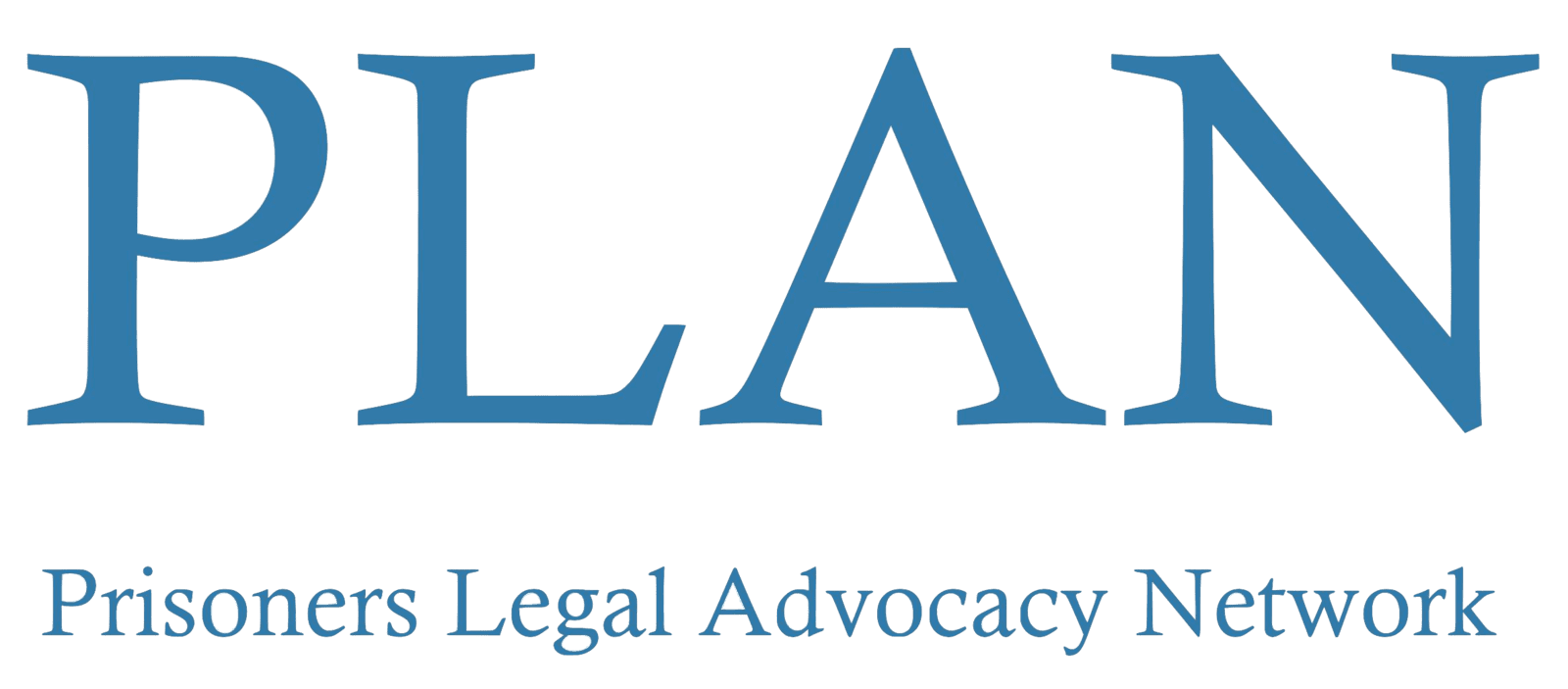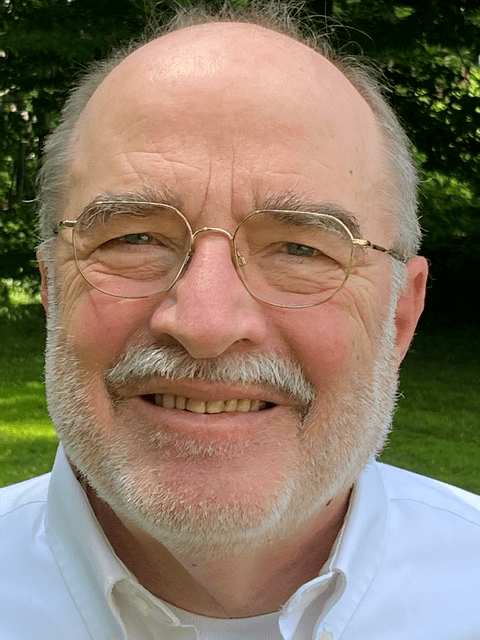

As President and Supervising Attorney of PLAN, Stanley Holdorf, Esq. has dedicated himself to challenging inhumane conditions of confinement in United States prisons and jails for more than a decade.
Following his graduation from Stanford Law School in 1969, Stanley engaged in alternative service as a conscientious objector to the Vietnam War. He then worked in corporate law, training every department in his firm in the non-discrimination requirements of Title VII of the Civil Rights Act of 1964. Through this work, Stanley trained lawyers and laypeople alike in the application of legal concepts. He worked with organizational personnel ranging from factory floor supervisors to corporate board members and the company’s President to assure that all employees’ rights pursuant to what was then the newly enacted Civil Rights Act were swiftly and comprehensively observed. Stanley’s extensive experience training non-attorneys in legal principles has helped him develop legal information guides that can be readily understood and applied by people inside who may not have had formal legal training.
Beginning in 2001, Stanley reported to the Executive Director of Trial Lawyers Care (TLC) as TLC’s Database Coordinator and Economic Loss Expert. In this role, Stanley helped recruit, train and assign trial lawyer volunteers from around the country to assist victims of the 9/11 attacks and surviving family members. The focus of this work was helping victims and their loved ones exercise their rights under the law to access financial relief through the federal Victim Compensation Fund (VCF). TLC remains the largest pro bono legal initiative in the history of the United States, logging the hourly equivalent of approximately 100 years of volunteer lawyer services. Stanley’s experience recruiting and training legal volunteers for the country’s largest pro bono initiative renders him uniquely qualified to help build and sustain legal capacity for the Jailhouse Law Library.
VCF’s adoption of Stanley’s proposed revision to the economic eligibility formula increased survivors’ access to financial relief. By adding non-monetary income such as victims’ union benefits to the calculation of lost salaries, Stanley’s proposal rendered the distribution of federal funds more equitable for lower wage earners. Stanley’s history of successfully advancing novel approaches such as this has helped PLAN achieve favorable outcomes for people inside using innovative strategies. Stanley’s expertise greatly facilitates the JLL team’s development of materials that: 1) identify a broad scope of remedies that may be available to incarcerated individuals challenging their conditions of confinement and 2) set forth novel approaches for seeking relief through both judicial and extra-judicial channels.
Since 2005, Stanley has served on the board of the National Family Court Watch Project. This initiative assesses the family court system’s adjudication of cases, with a focus on cases that involve allegations of child abuse or other family violence. Court Watch conducts case assessments using an innovative legal observing model in court settings. This model includes court watcher evaluations and analysis of jurists' professional backgrounds and case dockets. Stanley co-authored “Eyes on the Family Court: Creating an Effective Data Collection Instrument,” which led the Summer 2019 edition of Family & Intimate Partner Violence Quarterly. This article documents the findings of National Family Court Watch Project’s 15-year study of judicial treatment of (frequently pro se) litigants who allege domestic violence or child abuse in family court proceedings compared to the court’s treatment of litigants who do not. Stanley has presented findings of this study, which covered over 600 court cases in six states, at a variety of professional conferences including the Battered Mothers Custody Conference (BMCC) and the Institute on Violence, Abuse and Trauma (IVAT). With the assistance of students enrolled in a seminar that is co-taught by Stanley at CUNY’s John Jay College of Criminal Justice, this project’s analysis has been expanded to include a quantified analysis of the court system’s treatment of pro se litigants compared to those who have assistance of counsel.
Stanley’s work with pro se litigants and his leading role in this ongoing study of their court experiences affords him wide-ranging insights into the challenges experienced by litigants who cannot afford to retain paid counsel and the kinds of materials that have proven most helpful to them as they try to defend their interests in courts of law.
© 2016-2022 Prisoners Legal Advocacy Network
PLAN ♦ 244 5th Avenue ♦ Suite 2517 ♦ New York, NY 10001
+1-833-654-PLAN